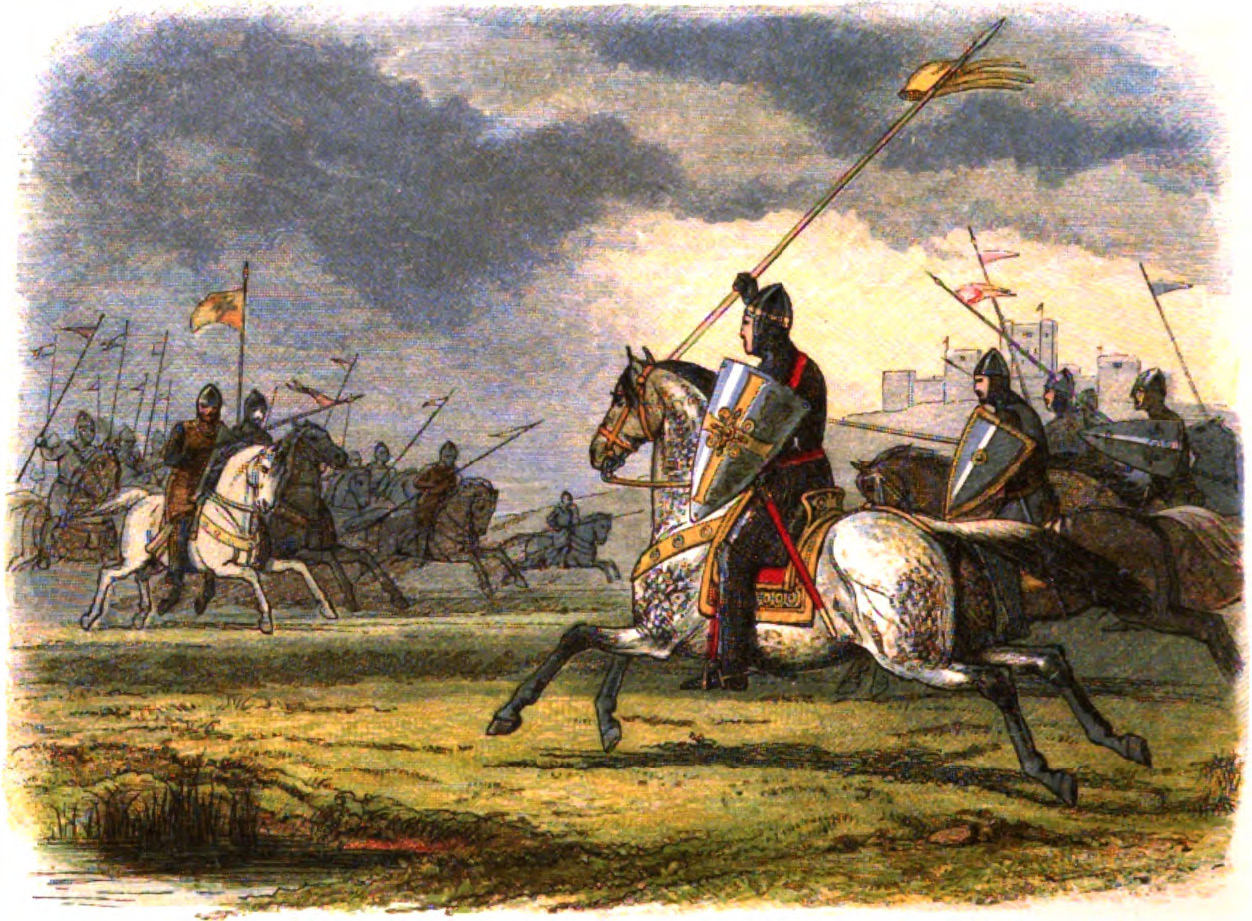
Story Highlights
- Historical event:
- 13 July 1174
- The King of the Scots personally led his troops into battle, allegedly shouting: "Now we shall see which of us are good knights!" However, he was knocked down from his horse and captured by the English. The King of England at that time was the mighty Henry II Plantagenet - father of Richard the Lionheart.
A very dramatic event in the history of Scotland took place on this day. The British were able to capture the Scottish King William I, known under the nickname “The Lion”, during the Battle of Alnwick.
This king was notable for his headstrong character, and he personally charged into the battle leading his troops while allegedly shouting: “Now we shall see which of us are good knights!”. King William “The Lion” was reportedly powerfully built and redheaded. However, during this battle, he was knocked off his horse and captured by the English.
The English took the captured Scottish king as far away from Scotland as they could, so that his countrymen could not free him. They transported him by ship to Normandy in northern France (the English king ruled over about half of France at that time).
Scottish King William was imprisoned in Falaise in the heart of Normandy, where the famous William the Conqueror (the first King of England from the Norman dynasty) had been born many years earlier.
Scotland lost its leader after the king’s capture, which the English used to occupy the land. The King of England at that time was the mighty Henry II Plantagenet – father of Richard the Lionheart (young Richard was 16 years old then, living in Aquitaine, in southwestern France).
The English king blackmailed the captive King of Scotland and forced him to sign the Treaty of Falaise, in which he submitted to him as a vassal (King William had no choice, since he had no heir who could take over the throne).
William was then allowed to return to his homeland as king, but the Scots had to continue keeping English military forces at their own expense. That way, Scotland remained subordinate to England until the new English king, Richard the Lionheart, agreed to cancel the Treaty of Falaise 15 years later, in exchange for 10,000 silver marks, which he needed to finance the Crusades.




